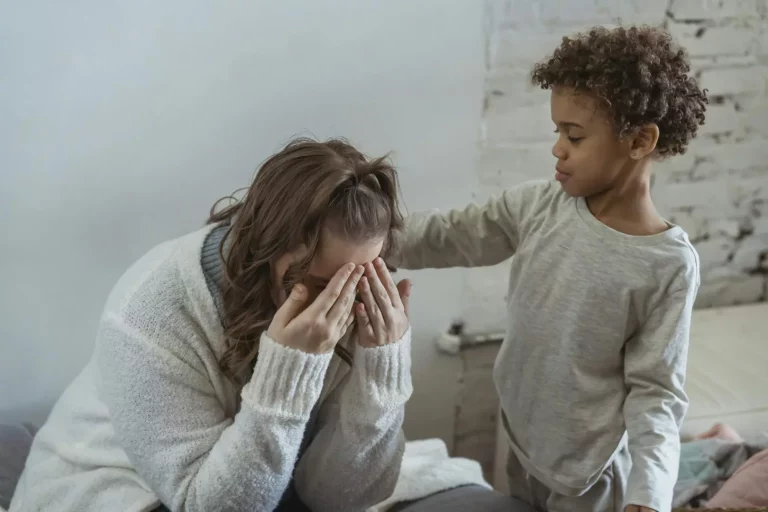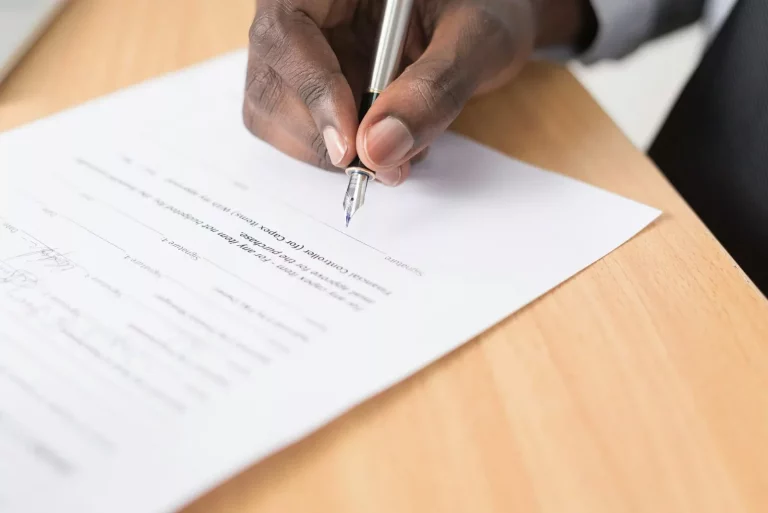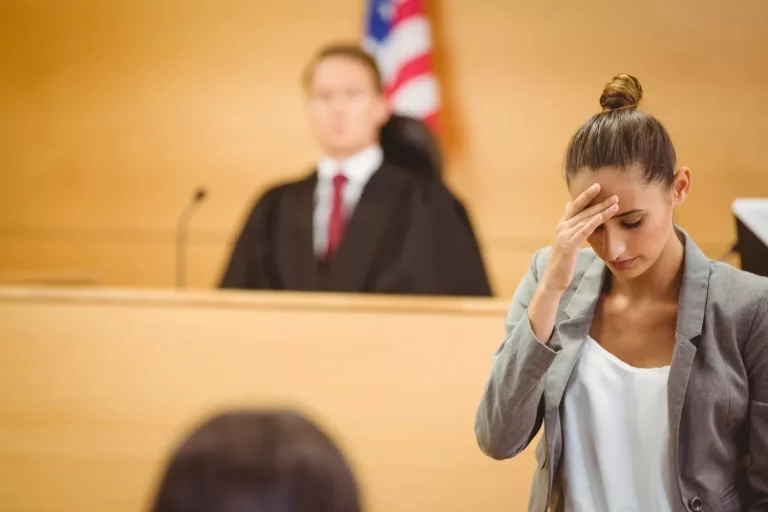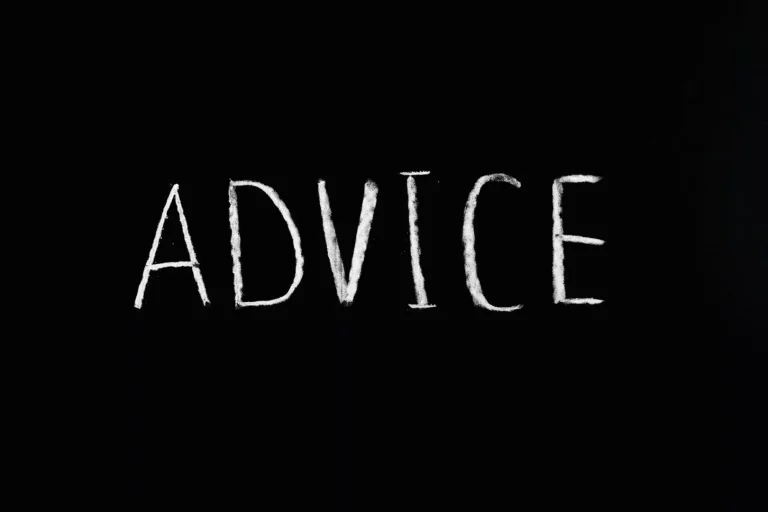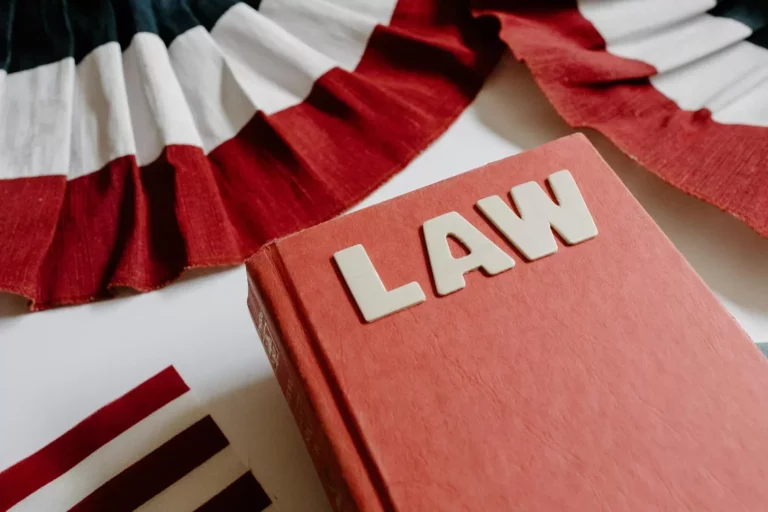Domestic Violence and Child Custody
Have you ever wondered how domestic violence can impact child custody decisions in a divorce? At TheBostonDivorceLawyer, our experienced attorneys are well-versed in handling these complex and sensitive cases. Find out how we can help protect your rights and the well-being of your children in our latest article.
As demonstrated by family courts, domestic violence can impact child custody decisions. Courts prioritize the safety and well-being of the child when determining custody arrangements.
Definition
When I discuss domestic violence and child custody, I find it very important to first understand the definition of domestic violence.
My point is, domestic violence happens when one partner in a relationship hurts the other, either physically, emotionally, or mentally. This can include actions like hitting, threatening, controlling, or manipulating the other person.
When it comes to child custody, domestic violence is a big issue because it can affect the safety and well-being of the children. Courts look at domestic violence very seriously when deciding who gets custody of the kids. They always want to make the best choice for the child’s safety and happiness. On a serious note, if a parent has a history of being abusive, it might affect their chances of getting custody or even visiting their children.
It’s important for people involved in custody cases to know the signs of domestic violence and understand how it affects everyone involved, especially the kids. Getting help from a professional, like a counselor or lawyer, can be very useful in handling these tough situations.
Understanding what domestic violence is can help in dealing with child custody cases. By recognizing and dealing with abusive behavior, we can take steps to keep everyone safe and healthy.
Effects on Children
I’ve learned that witnessing domestic violence can lead children to suffer from a variety of negative effects.
It seems that, children who see violence at home can feel scared, confused, and stressed. This can hurt their emotions and make it hard for them to have healthy relationships in the future. They might also act out, becoming aggressive or having trouble controlling their feelings.
When courts decide on child custody in cases of domestic violence, the child’s well-being is most important. Judges need to think about how the violence affects the child’s physical and emotional health. To be fair, constant exposure to conflict and violence is very harmful, so the child’s safety and needs should come first.
Kids who witness domestic violence need support to deal with their experiences. This could include counseling, therapy, or other help to manage the emotional and mental impact. With the right support and care, children can better handle the challenges caused by the violence they have seen.
Legal Procedures
As we discussed earlier in handling cases of domestic violence and child custody, I’ve observed that legal procedures involve several steps designed to ensure everyone’s safety and well-being.
On a serious note, if someone is experiencing domestic violence, they can ask the court for a protective order to stop the abuser from contacting them. This order can list specific rules and what will happen if they are broken.
In cases involving child custody and domestic violence, the court will focus on keeping the child safe. A judge will look at evidence of abuse, such as witness statements, medical records, or reports from social workers, to decide custody and visitation arrangements.
Come to think of it, legal processes in these situations can be tough and emotional for everyone involved. The victim may need a lawyer to help them understand the court system and fight for their rights. Sometimes, professionals will evaluate the child’s situation to help the court decide where the child should live.
The main goal of these legal steps is to protect people at risk and make sure they are safe. The court aims to make fair decisions that prioritize the well-being of the victim and the children involved.
Protective Measures
As we previously pointed out sure, here’s a revised version of the sentence from a first-person perspective:
I’ve come to realize that protective measures are crucial when dealing with situations of domestic violence and child custody.
In other words, these steps are taken to keep people safe and healthy. In cases of domestic violence, protective actions like restraining orders, supervised visits, or removing the abusive person from the home may be implemented. These actions aim to stop further harm and ensure safety for those involved.
When kids are involved in domestic violence cases, protective steps are even more important. The safety and best interests of the children must come first in any custody or visitation decisions. This might mean limiting or monitoring the abusive parent’s contact with the child and providing support services for both the child and the non-abusive parent.
On a serious note, protective steps can also include counseling or therapy for everyone involved, to help deal with the emotional effects of the violence and support recovery. It’s important to understand the long-term impacts of domestic violence on both adults and children and take action to address these issues.
Community Support
As we explored before, i’ve found that community support is vital for families dealing with domestic violence and child custody issues.
Frankly, when people face tough times, they often feel scared, alone, and overwhelmed. This is where help from the community can make a big difference.
Having friends, family, and neighbors to lean on provides emotional support during hard times. It can also make people feel less isolated and more connected with others who have faced similar struggles. Community support can also offer practical help, like assisting with childcare, transportation, or everyday tasks that might be too much to handle.
Local organizations such as domestic violence shelters, legal aid services, and counseling centers play a key role in helping families in need. Basically, these groups offer resources, advice, counseling, and support for people dealing with the complex issues of domestic violence and child custody. They provide a safe place for individuals to seek help without fear of being judged or harmed.
By coming together as a community to support those dealing with domestic violence and child custody problems, we create a safer and more caring environment for families. This support can encourage people to seek help, make informed choices, and break free from cycles of violence and abuse.
In Final Consideration
Adding to what we said, it is evident that domestic violence has a significant impact on child custody decisions, with courts increasingly recognizing the importance of ensuring the safety and well-being of the child.
What TheBostonDivorceLawyers is recommending to get is, through thorough investigation, legal intervention, and support services, efforts are being made to prioritize the best interests of the child in cases involving domestic violence.
References
Here is the literature that I was using for drafting this article:
- “Domestic Violence, Abuse, and Child Custody: Legal Strategies and Policy Issues” by Mo Therese Hannah, Northeastern University Press, 2010.
- “Child Custody: Building Parenting Agreements That Work” by Mimi Lyster Zemmelman, Nolo, 2018.
- “Domestic Violence Law“, 4th Edition by Nancy K D Lemon, 2013.


